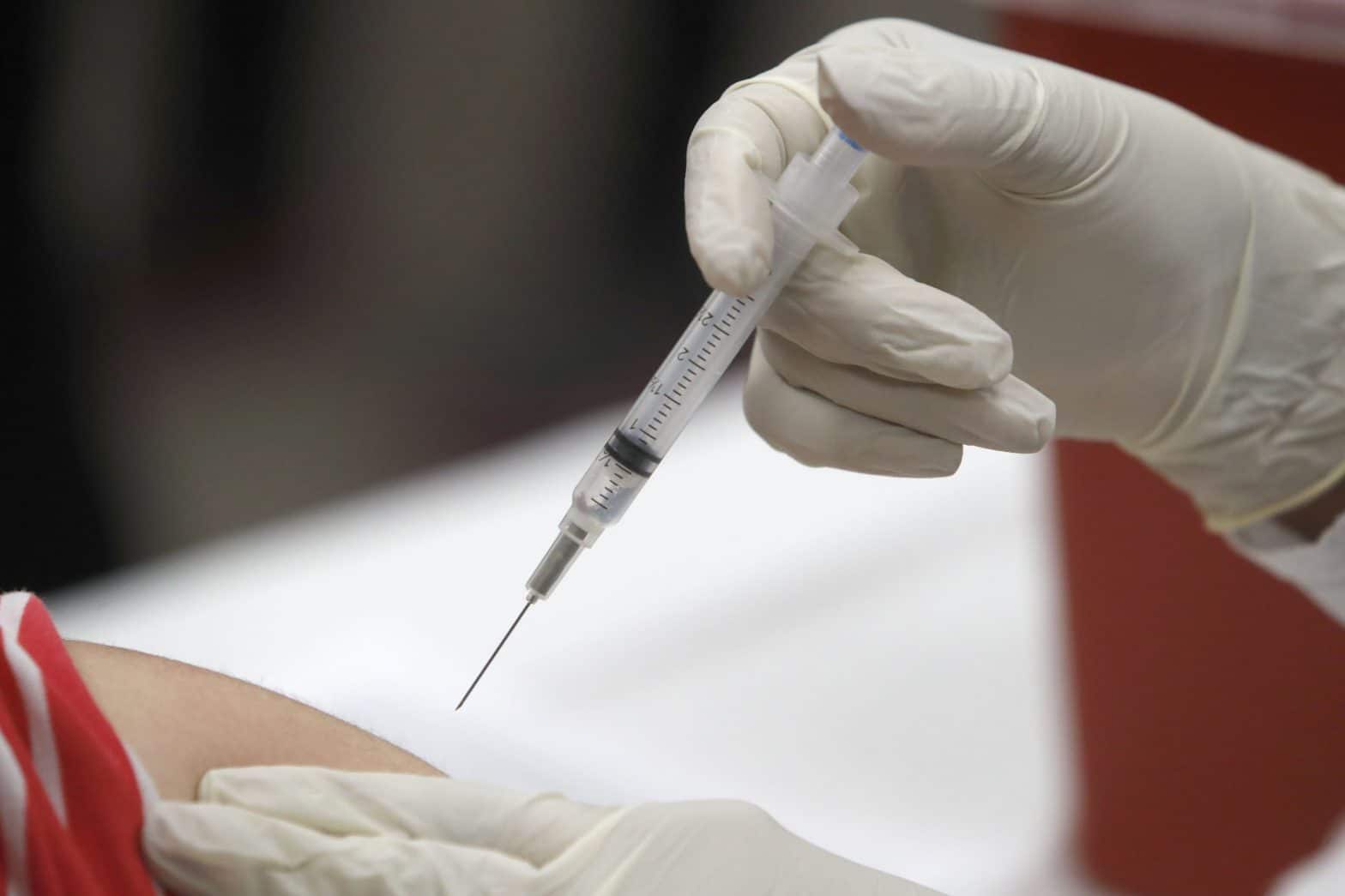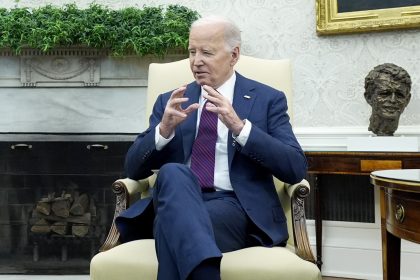Medical Community Warns Congress About Politicizing Vaccine Development

WASHINGTON — A congressional committee sought assurances from medical experts Wednesday that the COVID-19 vaccines pharmaceutical companies plan to distribute soon will protect the public from the disease.
Lawmakers were concerned that political pressure would force the companies to sacrifice the safety or effectiveness of a vaccine.
Rep. Diana DeGette, D-Colo., chairwoman of the House Energy and Commerce subcommittee on oversight and investigations said she wanted “to ensure science and not politics guides the way.”
The subcommittee held the hearing days after pharmaceutical companies, such as Moderna Inc. and AstraZeneca PLC, said they are nearing completion of the final stage of their tests. Promising results so far show their vaccines can generate antibodies in the recipients to protect them from COVID-19 infection.
At the same time, President Donald Trump has said a vaccine could be available publicly as soon as Nov. 1, only two days before the presidential election.
His assurances of quick access to the vaccine heightened public skepticism of its effectiveness, according to Democrats.
DeGette said recent opinion polls showed nearly two-thirds of Americans worry that political pressure will rush approval of a COVID-19 vaccine before it is safe.
Rep. Ann McLane Kuster, D-N.H., said, “The problem is that the president has politicized this vaccine coming just weeks before an election.”
Republicans, such as Rep. Brett Guthrie of Kentucky, did not blame the president but agreed “scientific experts, not politicians” should determine when a vaccine is ready. Republicans also said Trump’s statements were guided by his health advisors.
Most pharmaceutical companies and the Food and Drug Administration have not verified Trump’s prediction of vaccine availability by Nov. 1. Instead, they are predicting it would be given to essential workers and high-risk persons no sooner than the end of 2020 or early 2021.
Lower risk persons would get the vaccines later in 2021 as they become available from the manufacturers.
Cautionary statements about the Trump administration’s “Operation Warp Speed” rush toward a vaccine were shared by medical experts who testified at the congressional hearing Wednesday.
“We’ve got to restore the trust and confidence that has been eroded in vaccines,” said Helene Gayle, a National Academies of Sciences, Engineering and Medicine vaccine expert.
She said in her testimony that the vaccine development represents unprecedented progress but that false hopes promoted by the FDA in recent months have undermined public confidence in the agency. The FDA must approve any vaccine before it can be widely distributed.
Gayle mentioned the example of hydroxychloroquine, which the FDA approved as a COVID-19 treatment on March 28. The FDA revoked the approval in mid-June.
“What happened between March and June is well-known,” Gayle said. “Hydroxychloroquine was found to be more harmful than helpful and the president’s continued support of the treatment further divided the nation instead of building trust among all Americans.”
Even if an effective vaccine is distributed publicly soon, the health threat from COVID-19 will not disappear immediately, other doctors who testified said.
“It is not a silver bullet,” said Ashish K. Jha, dean of the Brown University’s School of Public Health.
Instead, the vaccine might be only 70% to 80% effective in preventing the disease, Jha said. In addition, the research has not determined whether vaccinated persons could remain carriers who spread COVID-19 to other persons, he said.
A more likely scenario is that the public will need to continue wearing masks and avoiding public gatherings for a couple more years until the pandemic subsides, he said.
























